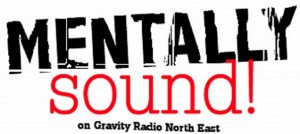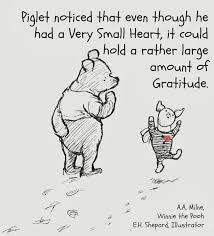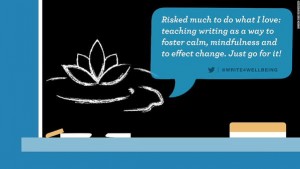Some people at my workshops have been asking for more information about books or web links on writing therapy. Gillie Bolton is really the best known expert in the field. Although she has now retired from leading workshops or doing coaching, her website still has much interesting information on it http://gilliebolton.com/. I can also recommend her book Writing Works: A Resource Handbook for Therapeutic Writing Workshops and Activities, eds Gillie Bolton, Victoria Field, and Kate Thompson (London: Jessica Kingsley Publishers, 2006).
Gillie Bolton is really the best known expert in the field. Although she has now retired from leading workshops or doing coaching, her website still has much interesting information on it http://gilliebolton.com/. I can also recommend her book Writing Works: A Resource Handbook for Therapeutic Writing Workshops and Activities, eds Gillie Bolton, Victoria Field, and Kate Thompson (London: Jessica Kingsley Publishers, 2006).
Lapidus, a UK organization which promotes writing for wellbeing, can be found by clicking here
For those who have heard me talk about how the brain forms neural pathways – either of positivity/kindness or negativity/pain – you can read something about it as part of a larger work on controlling back pain in: Back in Control by David Hanscom (Seattle: Vertus Press, 2012).
And, of course, do visit my Facebook page! I post interesting quotes, ideas, and news by and about authors and wellbeing. Click on the Facebook link on this page, or click here









